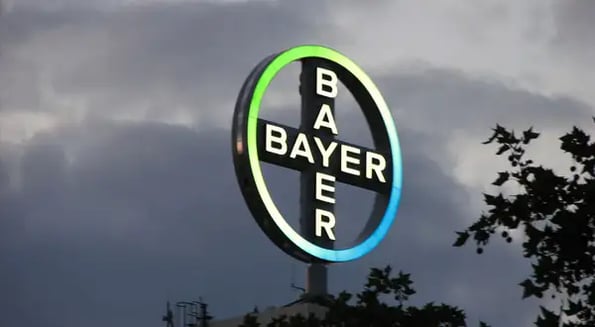The German drugmaker finally won US antitrust approval for its $66B takeover of Monsanto, to form the world’s biggest seed and agricultural-chemicals producer ever, after almost 2 years in review.

But, to clear regulatory hurdles, Bayer has agreed to sell about $9B worth of agricultural businesses and assets to chemical giant BASF, in the largest divestiture in American antitrust enforcement history.
The assets include Bayer’s canola, soybean, and vegetable seed businesses, as well as its Liberty herbicide business — all products that currently compete with Monsanto.
It’s not making the critics any happier
Critics have long worried a merger could lead to price gouging and increased reliance on chemical farming. And, even with a divestiture of this ilk, environmentalist groups believe the merger to be a wolf in sheep’s clothing.
To preserve the greener pastures of the competition, Bayer also agreed to sell off “certain IP and research capabilities, including ‘pipeline’ R&D projects,” according to the DoJ.
The crop isn’t ready for pickin’ just yet
Bayer is still awaiting approval from Canada and Mexico, and has until mid-June to close its purchase. After that, Monsanto can ask for a higher price or pull out altogether.
But, Bayer doesn’t seem worried. They expect to receive the remaining merger approvals “very shortly” and believe they can divest themselves of the assets named in the settlement in about 2 months.

